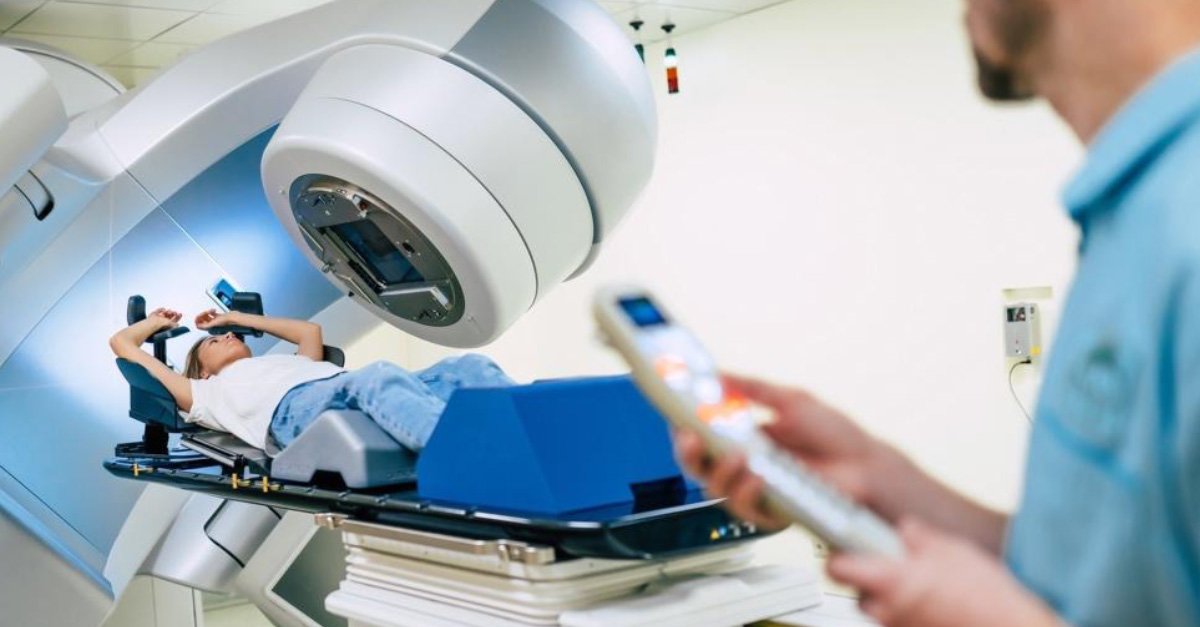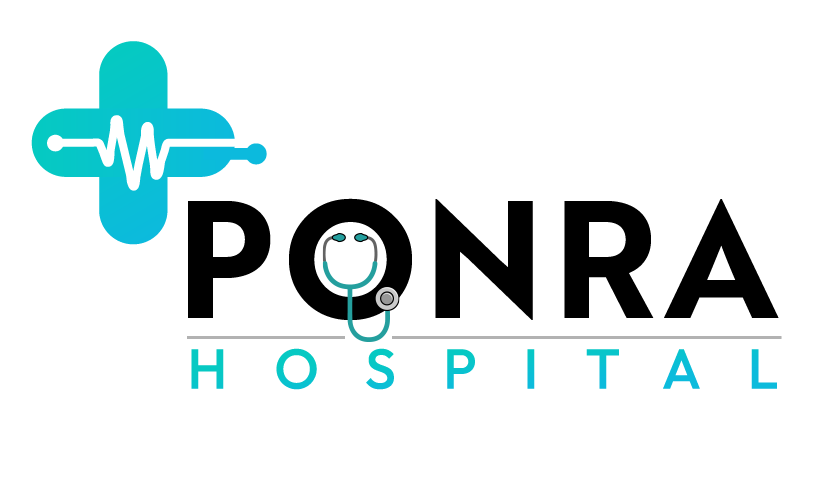Oncology
Bringing hope to the fight against cancer. Our oncology team combines cutting-edge treatments with unwavering compassion, supporting patients and their families every step of the way on their journey to healing and survivorship

Oncology is a specialized field of medicine dedicated to the diagnosis, treatment, and prevention of cancer. At Our Hospital, we understand the profound impact that cancer can have on individuals and their loved ones, and we are committed to providing comprehensive oncology care that addresses the unique needs of each patient. This content highlights the breadth of oncology services offered at Our Hospital, including advanced diagnostics, personalized treatment options, supportive care services, and ongoing survivorship care, all delivered by our team of expert oncologists with compassion and expertise.
Expert Oncologists: Our Hospital is home to a team of highly skilled and compassionate oncologists who are dedicated to providing exceptional care to patients with cancer. Our oncologists are board-certified and have extensive experience in diagnosing and treating various types of cancer, including breast cancer, lung cancer, colorectal cancer, prostate cancer, and hematologic malignancies. With a patient-centered approach, our oncologists prioritize open communication, empathy, and collaboration, ensuring that every patient receives individualized care tailored to their specific diagnosis, stage of cancer, and treatment goals.
Comprehensive Diagnostic Evaluations: Our Hospital offers a comprehensive range of diagnostic evaluations to accurately diagnose cancer and determine the extent of disease. These evaluations may include:
- Imaging Studies: State-of-the-art imaging modalities, including CT scans, MRI scans, PET scans, and ultrasound, to visualize tumors, assess tumor size and location, and detect metastases.
- Laboratory Tests: Blood tests, tumor markers, and genetic tests to identify specific biomarkers, genetic mutations, or molecular alterations that may guide treatment decisions and predict response to therapy.
- Biopsy: Tissue biopsy, a minimally invasive procedure to obtain a sample of tissue from a suspected tumor or metastatic site for histologic examination, aiding in the diagnosis and classification of cancer.
Comprehensive Treatment Options: Our Hospital offers a wide range of treatment options to effectively manage cancer and improve patient outcomes. These treatment options may include:
- Surgery: Surgical resection of tumors, lymph nodes, or metastatic lesions to remove cancerous tissue and achieve local control of the disease.
- Chemotherapy: Systemic administration of cytotoxic medications to kill cancer cells, shrink tumors, and prevent or delay disease progression.
- Radiation Therapy: External beam radiation therapy or brachytherapy to deliver targeted radiation to cancerous tumors, destroying cancer cells and reducing tumor size.
- Immunotherapy: Targeted immunotherapies, checkpoint inhibitors, and monoclonal antibodies to stimulate the immune system to recognize and attack cancer cells, enhancing the body’s natural defenses against cancer.
- Targeted Therapy: Molecularly targeted therapies, such as tyrosine kinase inhibitors (TKIs) or hormone receptor blockers, to inhibit specific pathways or molecular targets implicated in cancer growth and progression.
Comprehensive Supportive Care Services: In addition to primary cancer treatments, Our Hospital provides comprehensive supportive care services to address the physical, emotional, and psychosocial needs of cancer patients and their families. These supportive care services may include:
- Symptom Management: Palliative care, pain management, and symptom control to alleviate cancer-related symptoms such as pain, fatigue, nausea, and shortness of breath.
- Nutritional Support: Dietary counseling, nutritional supplements, and support services to address nutritional deficiencies, maintain weight and strength, and optimize treatment outcomes.
- Psychosocial Support: Counseling, support groups, and mental health services to address the emotional and psychological impact of cancer diagnosis and treatment, promote coping skills, and improve quality of life.
- Survivorship Care: Long-term follow-up care, surveillance, and survivorship programs to monitor for cancer recurrence, manage treatment-related side effects, and support patients in transitioning to life after cancer treatment.
Comprehensive Patient-Centered Care and Support: At Our Hospital, we are committed to providing patient-centered care and support that empowers patients to make informed decisions about their cancer treatment and participate actively in their healthcare journey. Our multidisciplinary team of oncologists, nurses, social workers, and support staff work collaboratively to develop personalized treatment plans, address patient concerns, and provide compassionate care throughout every stage of cancer care. We prioritize open communication, empathy, and shared decision-making, ensuring that patients and their families feel supported, informed, and empowered throughout their cancer treatment and survivorship.
Conclusion: At Our Hospital, we are dedicated to fighting cancer together with our patients, providing comprehensive oncology care that addresses the physical, emotional, and psychosocial aspects of cancer diagnosis and treatment. Whether diagnosing cancer, delivering primary cancer treatments, or providing supportive care services, our team of expert oncologists is here to support patients at every step of their cancer journey. With a focus on compassion, expertise, and collaboration, Our Hospital strives to be a beacon of hope and healing for individuals and families affected by cancer within our community.
